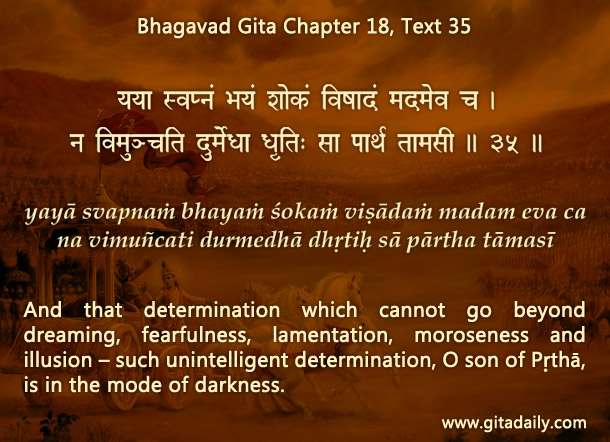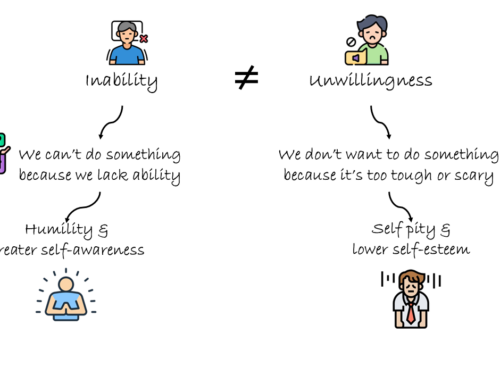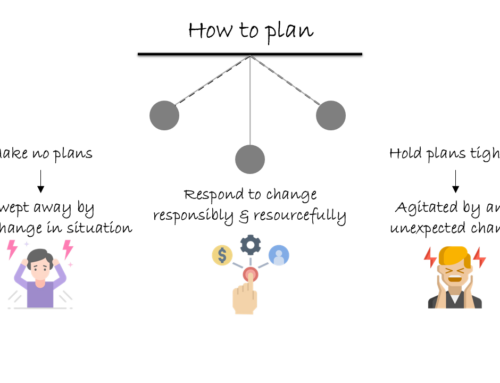What is mental health? – On hearing about many people having mental health problems, we may wonder, “What exactly is mental health? How is it assessed?”
To understand, let’s compare mental health with physical health. When our body is healthy, it aids us as a competent tool in going about our daily life. But when it becomes unfit, it impedes us in our daily life and even becomes a source of pain. Worse still, when it is sick, it causes pain.
Similarly, our mind is meant to aid us as a competent tool for our daily functioning. Gita wisdom explains that our mind is the subtle tool that links us spiritual beings with the physical body and the physical world in which it functions. While this subtle mechanism is complex and has multiple components, for our present purposes, we can refer to it in shorthand as the mind. Thus, the mind acts as a route for perceptions from the physical world to come in and for our actions to go out into the world. Of course, the mind isn’t just a passive channel; based on the impressions within it, it also shapes whatever goes through it. Thus, it plays a role in processing our perceptions and determining our decisions.
When the mind is healthy, it helps us perceive properly and act effectively. But when it becomes unfit, it impedes our functioning — it makes our perceptions biased and our actions short-sighted. Worse still, when it becomes sick, it causes distress by breeding toxic emotions and self-defeating desires. Pertinently, the Bhagavad-gita (18.35) depicts the typical thought-patterns of a sick mind.
By observing how our mind affects our perceptions and actions, we can assess our mental health.
One-sentence summary:
A healthy mind aids us in perceiving properly and acting effectively, whereas an unhealthy mind impedes us in processing our perceptions and determining our actions.
Think it over:
- What is the mind? What is it meant to do?
- What are the characteristics of a sick mind?
- How can we assess our mental health?
***
18.35: And that determination which cannot go beyond dreaming, fearfulness, lamentation, moroseness and illusion – such unintelligent determination, O son of Prutha, is in the mode of darkness.
To know more about this verse, please click on the image






JAPA is the way to hone the mind
Yes, thanks.